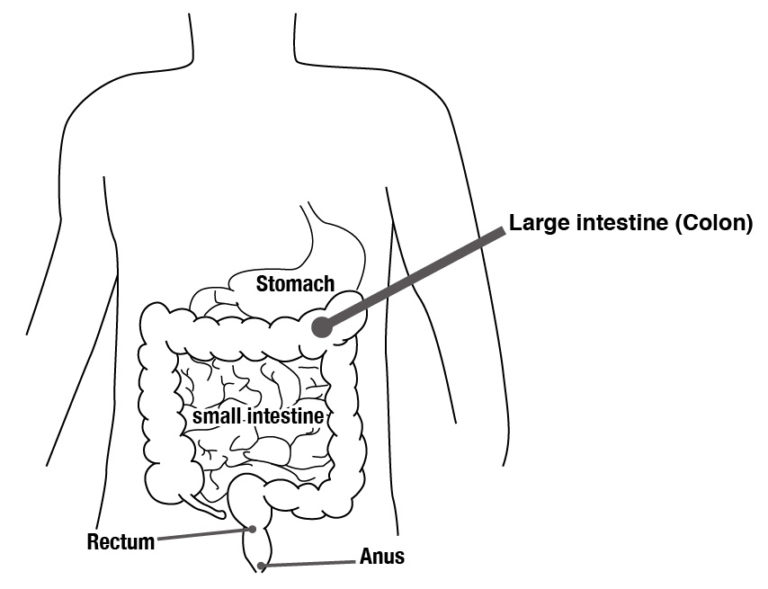
Colorectal cancer is a cancer that develops in the colon or the rectum. These cancers can also be named colon cancer or rectal cancer, depending on where they start.
Note: Colon cancer and rectal cancer are often grouped together because they have many features in common.
- Statistics
- Signs and symptoms
- Risk factors
- Screening Tests
- Preventive measures
Hong Kong
Incidence rate: 35 per 100,000 populations (male & female)
Mortality rate: 12.2 per 100,000 populations (male & female)
(Hong Kong Cancer Registry, 2020)
Pakistan
Incidence rate: 5.3 per 100,000 populations (male & female)
Mortality rate: 3.0 per 100,000 populations (male & female)
(IARC, 2021)
Nepal
Incidence rate: 4.3 per 100,000 populations (male & female)
Mortality rate: 2.5 per 100,000 populations (male & female)
(IARC, 2021)
India
Incidence rate: 4.8 per 100,000 populations (male & female)
Mortality rate: 2.8 per 100,000 populations (male & female)
(IARC, 2021)
Early stage colorectal cancer may not have any symptoms.
- Blood mixed with feces.
- Mucus in the feces.
- Change in bowel habit (e.g. Passing stool more often than usual, diarrhea alternating with constipation).
- Bloating (stomach feeling full of gas or fluid, that is unpleasant).
- Abdominal (Tummy) pains.
- Generally unwell, tiredness and weight loss.
High consumption of red meat and processed meat

Lack of physical activity
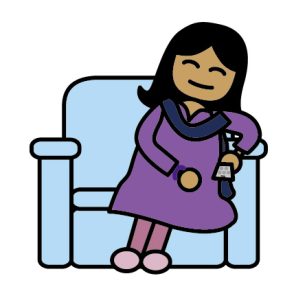
- Men aged 50 or above
- History of colonic polyps

Being obese
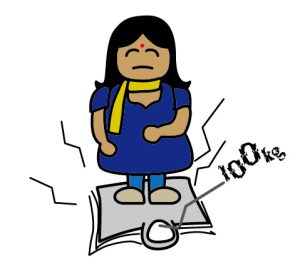
Excessive alcohol consumption
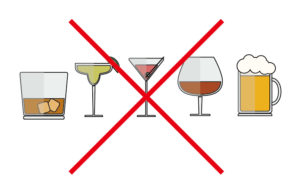
Family history of colorectal cancer
- If your parent, sibling, or children has colorectal cancer, risk of developing the disease increases 2-3 folds.

Hereditary bowel diseases
Prolonged history of inflammation of the bowel
Smoking

Eat high fiber diet such as, vegetables, fruits, whole grain, etc
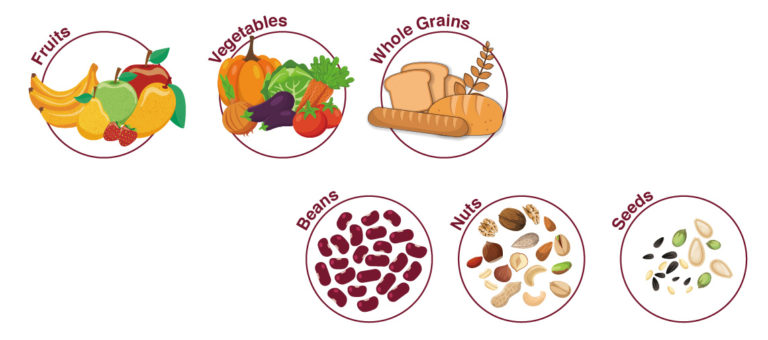
Reduce consumption of red meat

Do regular exercise (30 minutes every day)

Maintain a healthy body weight

Reduce alcohol intake
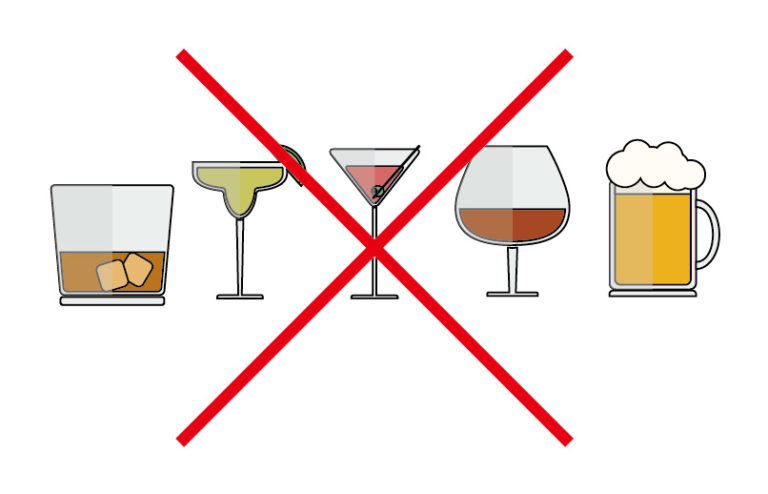
Do not smoke

